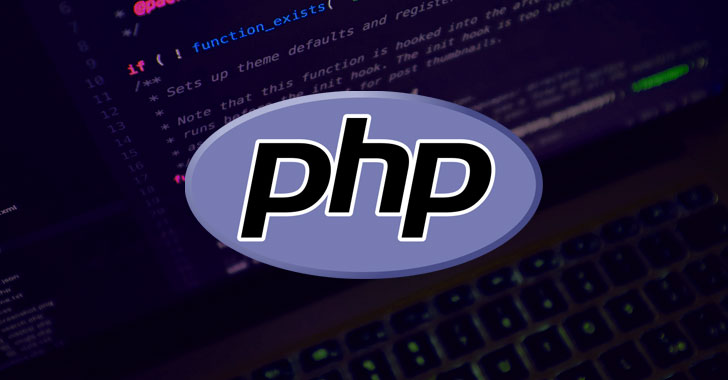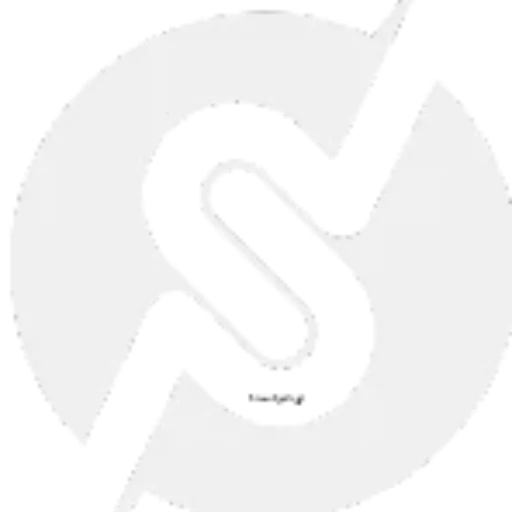
Learn the most popular server-side language from scratch and unlock the world of dynamic websites, WordPress development, and custom web applications.
In this beginner-friendly course, you’ll master PHP fundamentals through simple projects and real-world examples, no computer science degree or prior programming experience needed.
Becoming a PHP Developer in 2025
The demand for skilled PHP developers continues to grow, making now the perfect time to launch or advance your career in web development. Whether you’re a complete beginner or looking to refine your skills, mastering PHP opens doors to exciting opportunities, from building server-side applications to developing custom WordPress themes and plugins. With the right knowledge, you can create high-performance, scalable applications and become a sought-after backend developer.
Course Modules (Coming Soon)
Module 1: Welcome and Setup
- What is PHP? (and Why You Should Learn It)
- How PHP Powers Websites and Apps
- Installing a Local Server (XAMPP, LocalWP, MAMP)
- Your First PHP File (Hello, World!)
🎯 Goal: Set up your environment and run your first PHP script.
Module 2: PHP Fundamentals
- PHP Syntax Basics
- Comments, Variables, and Constants
- Data Types (Strings, Integers, Floats, Booleans, Arrays)
- Basic Output with
echoandprint
🎯 Goal: Understand how PHP structures data and outputs content.
Module 3: Control Structures
- If, Else, Elseif Statements
- Switch Statements
- For Loops, While Loops, and Foreach Loops
- Using Conditions to Build Dynamic Pages
🎯 Goal: Add logic and decision-making to your scripts.
Module 4: Working with Functions
- What Functions Are and Why They Matter
- Defining Your Own Functions
- Function Parameters and Return Values
- PHP Built-In Functions (e.g.,
strlen(),array_push())
🎯 Goal: Start building reusable blocks of code.
Module 5: Arrays and Superglobals
- Indexed Arrays vs. Associative Arrays
- Manipulating Arrays (add, remove, loop through)
- Introduction to PHP Superglobals (
$_POST,$_GET,$_SERVER)
🎯 Goal: Handle and organize complex data.
Module 6: Forms and User Input
- Building an HTML Form
- Capturing Form Data with PHP
- Basic Form Validation and Sanitization
- Displaying User Data Safely
🎯 Goal: Connect the frontend and backend through form handling.
Module 7: Introduction to Object-Oriented Programming (OOP)
- What is OOP and Why It Matters
- Classes, Properties, and Methods
- Instantiating Objects
- Basic Inheritance and Encapsulation
🎯 Goal: Grasp the concepts that power modern PHP and WordPress code.
Module 8: Working with Files and Folders
- Reading and Writing to Files
- Uploading Files via PHP
- Handling File Permissions
- Directory Iteration
🎯 Goal: Understand how PHP interacts with the server file system.
Module 9: Connecting PHP with MySQL
- Introduction to Databases
- Setting Up a MySQL Database (phpMyAdmin / Adminer)
- Connecting PHP to MySQL
- Basic CRUD Operations (Create, Read, Update, Delete)
🎯 Goal: Create fully dynamic, database-powered applications.
Module 10: Building a Mini-Project: Guestbook App
- Create a form to leave a “Guestbook” message
- Save entries into a MySQL database
- Display messages on a public page
- Practice CRUD operations and basic validation
🎯 Goal: Apply all skills to a working mini-project.
Module 11: PHP Best Practices
- Writing Clean and Maintainable Code
- Error Handling and Debugging Techniques
- Security Basics (Preventing SQL Injection, XSS)
- Performance Optimization Tips
🎯 Goal: Learn to code like a professional, not just a hobbyist.
Module 12: Next Steps and Moving Forward
- What to Learn After PHP Basics
- Introduction to WordPress Theme/Plugin Development
- Building More Complex Apps with PHP Frameworks (Laravel, Symfony)
🎯 Goal: Prepare students for more advanced development paths.
🏆 Outcomes After This Course
- Understand core PHP fundamentals and syntax
- Build dynamic, data-driven websites and apps
- Prepare for WordPress development, backend programming, or full-stack learning
- Have a working “Guestbook” mini-app to show off skills
Project Details
Start your PHP journey with this beginner-friendly guide to mastering the basics of coding.

